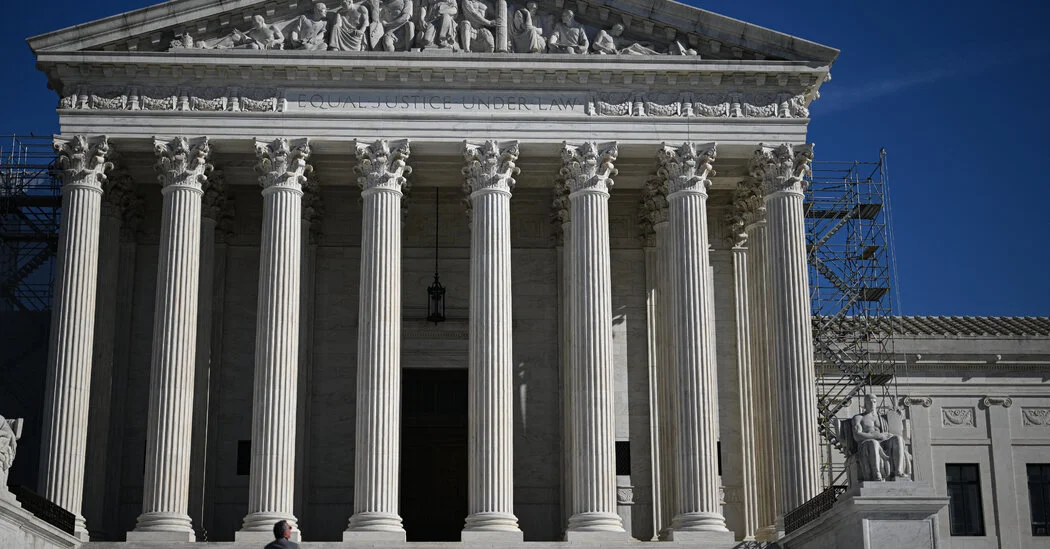- cross-posted to:
- nyt_gift_articles@sopuli.xyz
- cross-posted to:
- nyt_gift_articles@sopuli.xyz
The case turns on the meaning of Section 3 of the 14th Amendment, ratified after the Civil War, which bars those who had taken an oath “to support the Constitution of the United States” from holding office if they then “shall have engaged in insurrection or rebellion against the same, or given aid or comfort to the enemies thereof.”



They can try to argue that Colorado doesn’t have that right/ability, but:
And in Term Limits, Inc. v. Thornton, they argued:
Well guess what. The disqualification comes straight from the Constitution itself, and has not been restricted or amended by Congress. Ergo it is the only qualification limitation which matters, and a state is well within its authority to enforce it.
Yeah, but you’re forgetting that the SCOTUS is corrupt and cannot be trusted to fairly evaluate the facts.
Imagine you can be kept off the ballot for being five signatures short of a full page, but doing an insurrection isn’t a good reason. And the individual states can decide on the first thing but not the second. Wild.